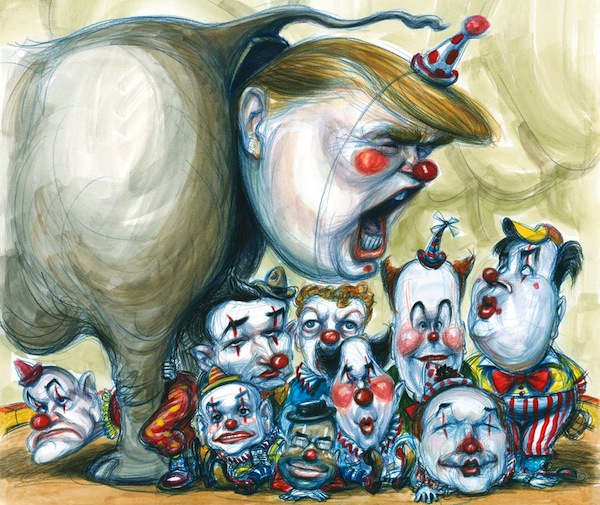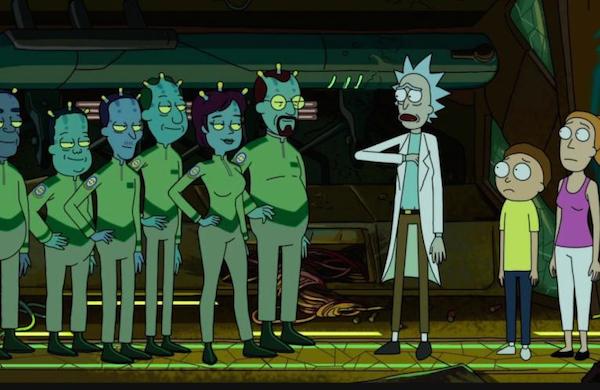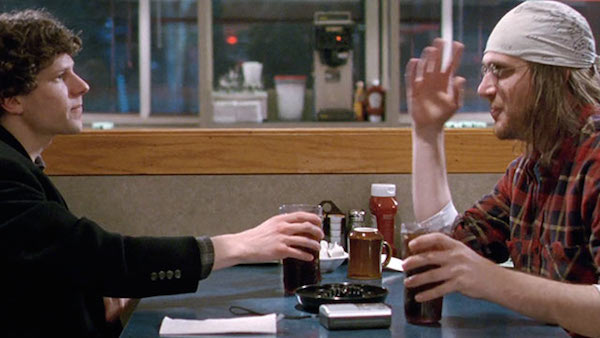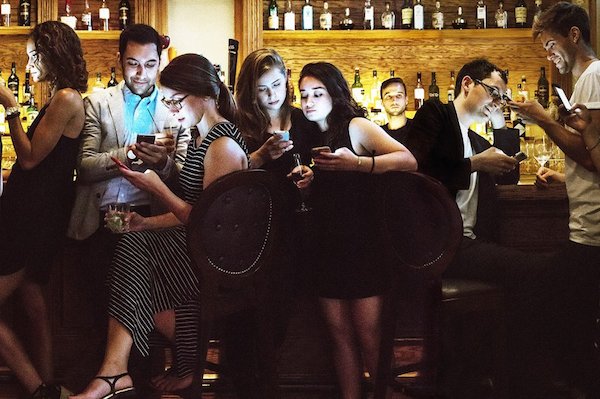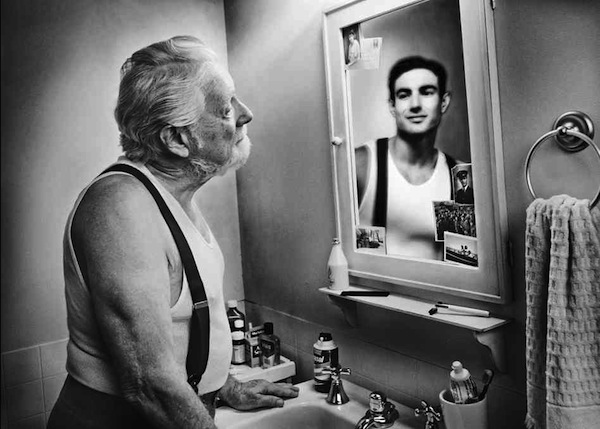how bad could America get with a truly awful president?
With his usual flair for brutal honesty and cutting language, Matt Taibbi writes about following the Republican clown car of primary campaigns over in Iowa to see what’s really going on. Though he may not have uncovered much we didn’t already know, he is able to distill the things that are driving us toward doomsday like few others can. See these few paragraphs near the piece’s conclusion:
Politics used to be a simple, predictable con. Every four years, the money men in D.C. teamed up with party hacks to throw their weight behind whatever half-bright fraud of a candidate proved most adept at snowing the population into buying a warmed-over version of the same crappy policies they’ve always bought.
…
There’s no hidden platform behind the shallow facade. With Trump, the facade is the whole deal. If old-school policy hucksters like Christie can’t find a way to beat a media master like Trump at the ratings game, they will soon die out.
In a perverse way, Trump has restored a more pure democracy to this process. He’s taken the Beltway thinkfluencers out of the game and turned the presidency into a pure high-school-style popularity contest conducted entirely in the media. Everything we do is a consumer choice now, from picking our shoes to an online streaming platform to a presidential nominee.
He may be right; our obsession with outsized characters over policies and substance could still possibly lead to the most embarrassing candidate ever fielded by a major party. And what if he somehow won?
If we elected a truly unqualified, dangerously confrontational president (whether Trump 2016 or a theoretical, even worse candidate), what’s the worst that could happen?
Would it really be the end of America, or would checks and balances keep us from disaster?
